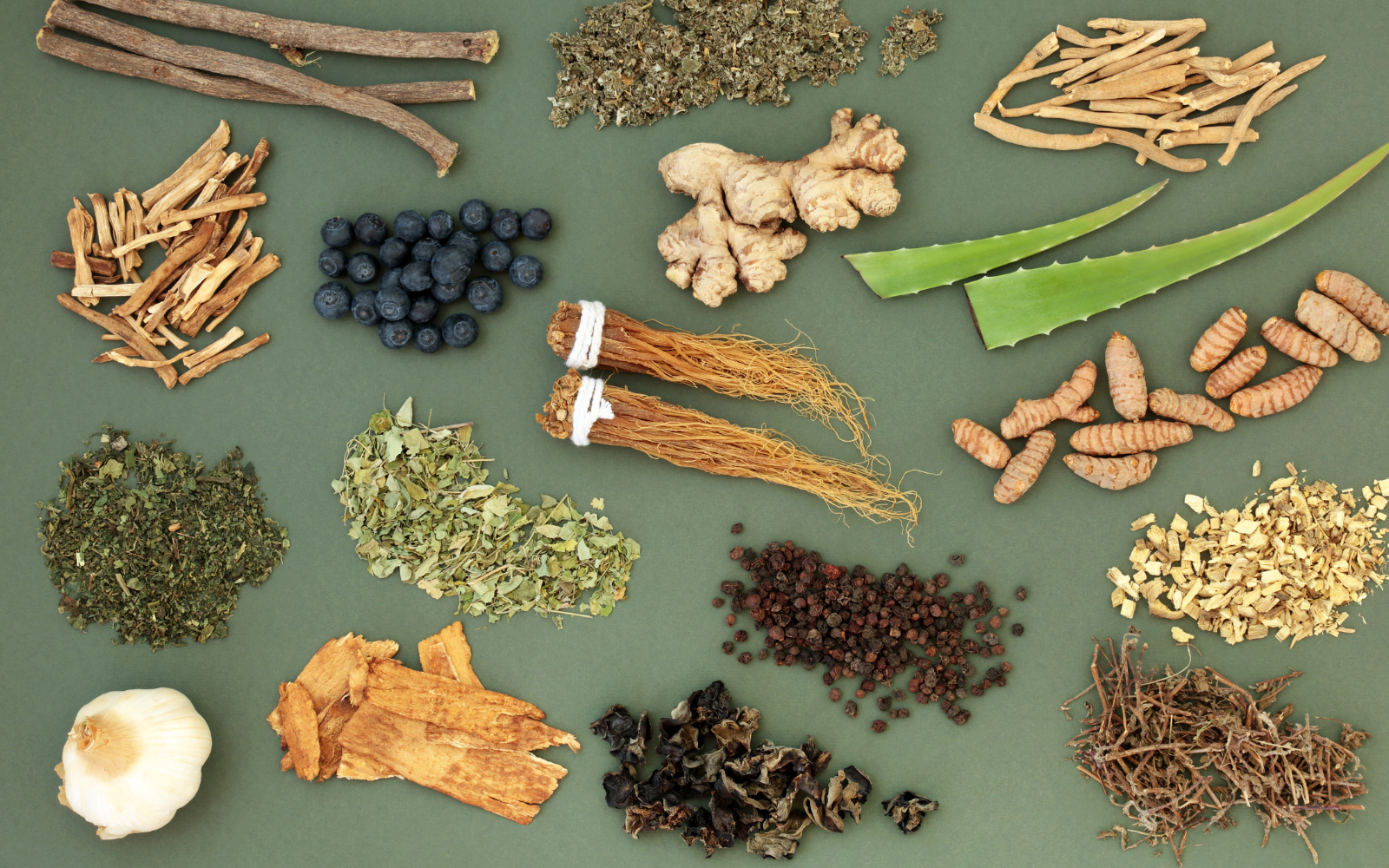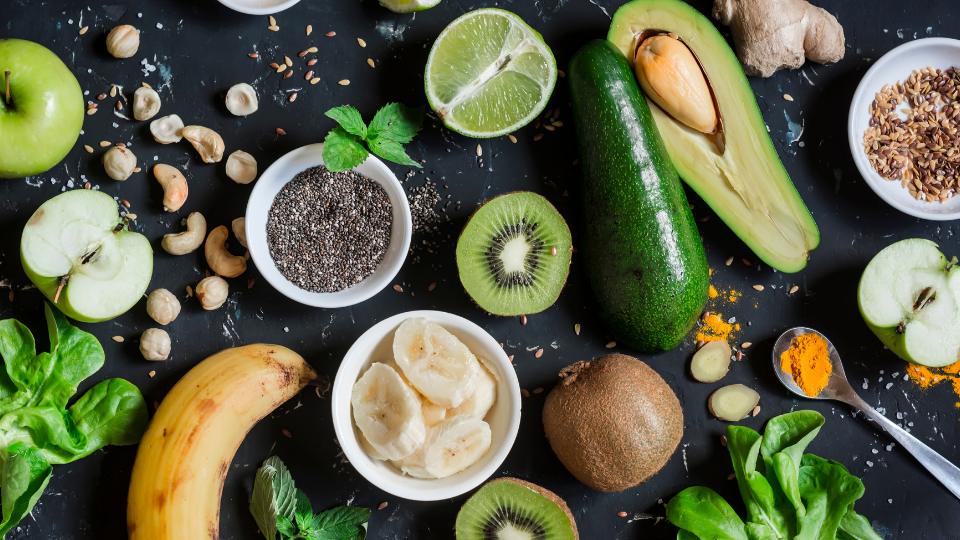As a teenager, your immune system was as strong as it would ever be. Sorry to say, but it's all downhill from there.
Hold on a minute. Just because your immune function slows down with age, that doesn't mean you can't do anything about it. Nature provides plenty of solutions for boosting your body's natural defense mechanisms – that's where mushrooms come into play. Each mushroom is unique. Are mushrooms good for you? Absolutely, and every mushroom has its own range of health benefits. Unfortunately, most of the mushrooms you consume on in your favorite curry sauté don't have the most nutritional benefits compared to mushrooms you've likely never heard about.
Why Are Mushrooms Good for You? The Nutritional Benefits of Mushrooms
Let's start with the basics. Every nutritionist will tell you that eating mushrooms is a wise choice. For one thing, mushrooms are low calorie and fat-free with virtually no sugar or salt. If weight loss is your goal behind healthy eating or you're just trying to eat more veggies, mushrooms aren't even a question. Anyone interested in reducing their red meat consumption can turn to mushrooms as an alternative for a savory flavor. No, it's not identical but it's pretty dang close. The health benefits of mushrooms don't stop there. Mushrooms are jam-packed with nutrients, dietary fiber, and B vitamins like riboflavin and niacin. Plus, mushrooms contain powerful antioxidants to support immune function, defend against free radical damage, lower blood sugar and blood pressure – and we haven't even got to the mental health benefits yet.
The Secret Behind the Superfood: Beta-Glucans
We can talk about the nutritional value of mushrooms until the cows come home, but the real power behind mushrooms lies in substances called beta-glucans. Mushrooms contain a specific type of complex carbohydrate (that's the good kind) called polysaccharide. You can find many types of polysaccharides in mushrooms but the one that boosts mushrooms into superfood-status is called beta-glucan. Beta-glucans are special enzymes that balance the immune system – that's why they're called "immunoregulators." In some cases, beta-glucans can stimulate the body's "natural killer cells" which gives mushrooms cancer-fighting power.Which Mushrooms Are Good for You? A Look at 6 Varieties of Mushrooms
Portobello mushrooms, white mushrooms, enoki, porcini, oyster mushrooms, white button mushrooms, shiitake – all of these edible mushrooms make excellent meal choices. However, they don't have the most potent health benefits. Don't get us wrong, all mushrooms are packed with nutrients and antioxidants but the functional mushrooms below are some of the most powerful. Chances are, you haven't even heard of them.
1. Lion's Mane
If you're looking for something to improve nerve and brain function, lion's mane is your answer. Lion's mane really stands out in its ability to improve your "nerve growth factor." In other words, it improves cognitive function and mental clarity while helping your brain repair itself.
2. Reishi Mushrooms
Dubbed the "mushroom of immunity," reishi is responsible for sparking a lot of people's interest in functional mushrooms. There's a good reason for this, too. Reishi is filled with beta-glucans and triterpenes to strengthen the immune system, support heart health, reduce stress, and improve sleep.
3. Cordyceps
If you're a workout-holic, do yourself a favor and check out cordyceps. Cordyceps is a unique kind of mushroom - both in appearance and function. The substances in cordyceps, like beta-D-glucans, can help boost stamina while improving respiratory function and oxygen uptake. See why they're great for athletes? To top it off, the compounds in cordyceps have a detoxifying effect by improving liver function and assisting the body's natural toxin removal processes.
4. Chaga Mushrooms
If you saw a chaga mushroom in the wild, you would probably assume it's actually tree bark. Although it doesn't look like a traditional edible mushroom, chaga is absolutely edible and filled with powerful nutrients. As the "king of medicinal mushrooms," chaga has powerful anti-inflammatory properties and improves your immune system response. Together, these properties help your body function in optimal condition. To top it off, studies have found that chaga can help protect your cells against DNA damage from free radicals.
5. Turkey Tail Mushrooms
Turkey tail is yet another edible mushroom packed with beta-glucans. If you're looking for immune support, turkey tail is your answer. Plus, its beta-glucans have quite a reputation for fighting cancer cells. Turkey tail is so powerful that pharmaceutical companies use derivatives of this fungus to produce medicines.
6. Maitake Mushrooms
No, not shiitake mushrooms, maitake mushrooms. Maitake looks somewhat like an upside-down pinecone and functions as an excellent immune system booster, and a potential tool for lowering cholesterol.The Countless Health Benefits of Mushrooms
Mushrooms have nutritional benefits that just won't quit. Check out how mushrooms impact different parts of your body.Immune System Support
Increasing research shows a direct link between immune function and digestive health. (1) Some experts say that your immune system "lives" in your gut. A healthy immune system protects you against both short-term and long-term illness. The polysaccharides in mushrooms stimulate your intestinal immune system to protect you against germs and toxins that try to get in through your mouth and nasal passages. (2)Anti-Inflammatory Properties
A lot of people may not realize that their health problems stem from chronic inflammation. Diabetes, depression, cancer, heart disease, arthritis, even allergies all can be traced back to inflammation in many cases. Edible mushrooms are packed with powerful antioxidants that help reduce inflammation. One of such antioxidants is a special substance called ergothioneine. Food science research from Penn State shows that mushrooms are one of the best sources of ergothioneine. (3)Cognitive Function and Brain Power
Age-related diseases like Parkinson’s, Alzheimer's, and even general memory loss don't happen overnight. They creep on slowly over the years. Fortunately, mushrooms can help protect the brain at any age. A new study found that seniors who consumed two or more servings of mushrooms each week reduced their risk of cognitive decline by 50%. Mushrooms like lion's mane, for example, contain unique enzymes that can stimulate brain cell development: hericenones and erinacines. (4, 5)May Prevent Heart Disease and Lower High Blood Pressure
Functional mushrooms also play an important role in reducing your risk of heart disease and lowering high blood pressure levels. Studies show that special compounds in mushrooms can help the body metabolize fat (perfect for weight loss) and reduce cholesterol levels, specifically triglycerides. Some mushrooms can significantly lower blood pressure as well.Powerful Antioxidant Properties to Reduce Free Radical Damage
Certain types of mushrooms, especially functional mushrooms, are nature's best source of antioxidants. These aren't any old antioxidants. The antioxidants found in mushrooms are unique to certain species of mushrooms. Two of the most important antioxidants are ergothioneine and glutathione. Penn State researchers believe these antioxidants hold the keys to healthy aging thanks to their powerful ability to reduce free radical damage and oxidative stress. (6) "The body has mechanisms to control most of themMay Improve Symptoms of Depression and Anxiety
Millions of American adults suffer from depression and anxiety disorders, but the majority aren’t receiving treatment. Mushrooms aren't any miracle cure, but research shows that compounds in certain mushrooms can help relieve symptoms of anxiety and depression. (7) One human study found that women who consumed lion's mane showed improvement in anxiety symptoms. (8) Animal studies show that lion's mane extract can help generate brain cells and improve function in the area of your brain responsible for memory and emotional response. (9) Plus, experts believe that chronic inflammation is a driving factor behind depression. Research shows that the anti-inflammatory effects of mushroom extract can help improve depression symptoms. (10)


